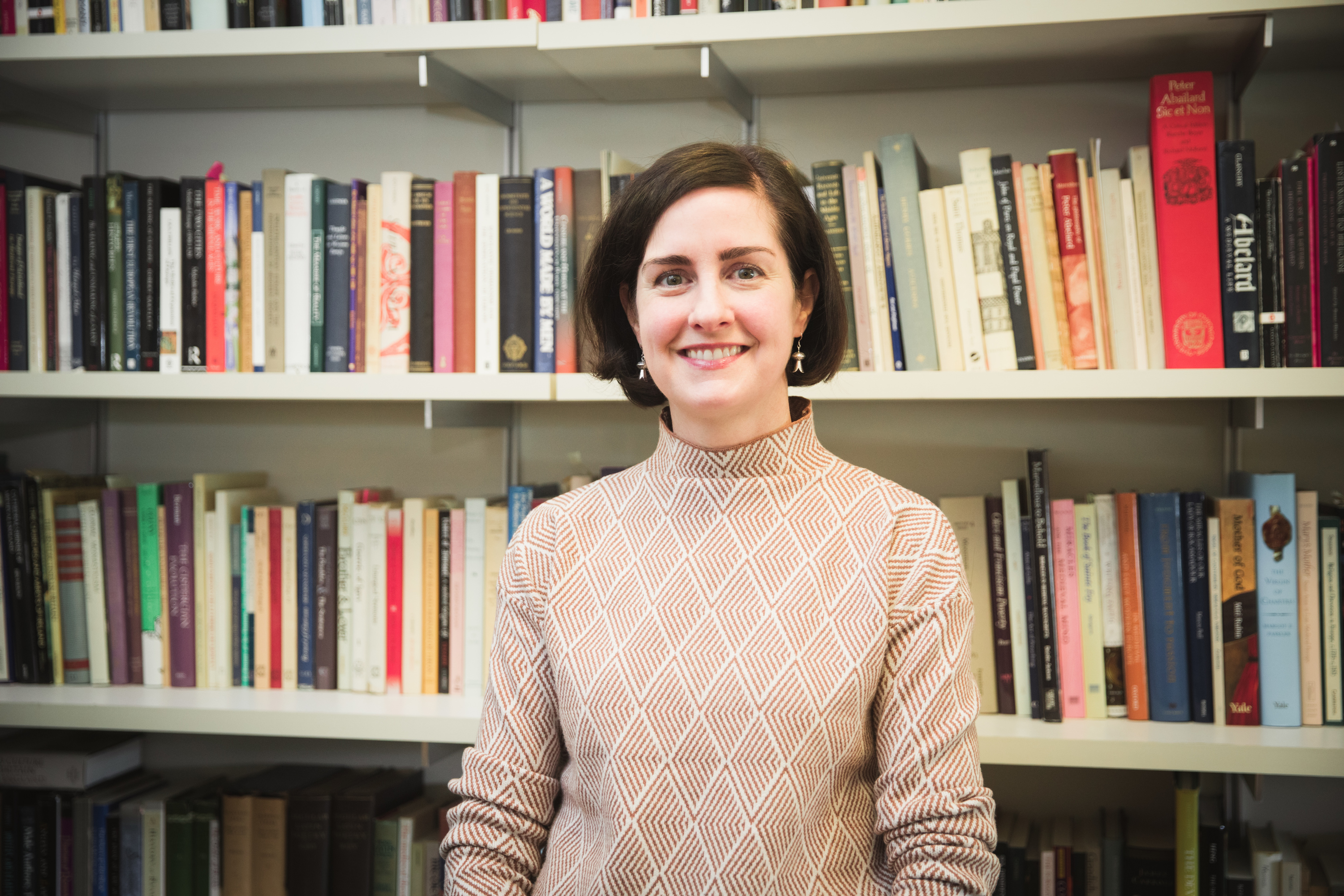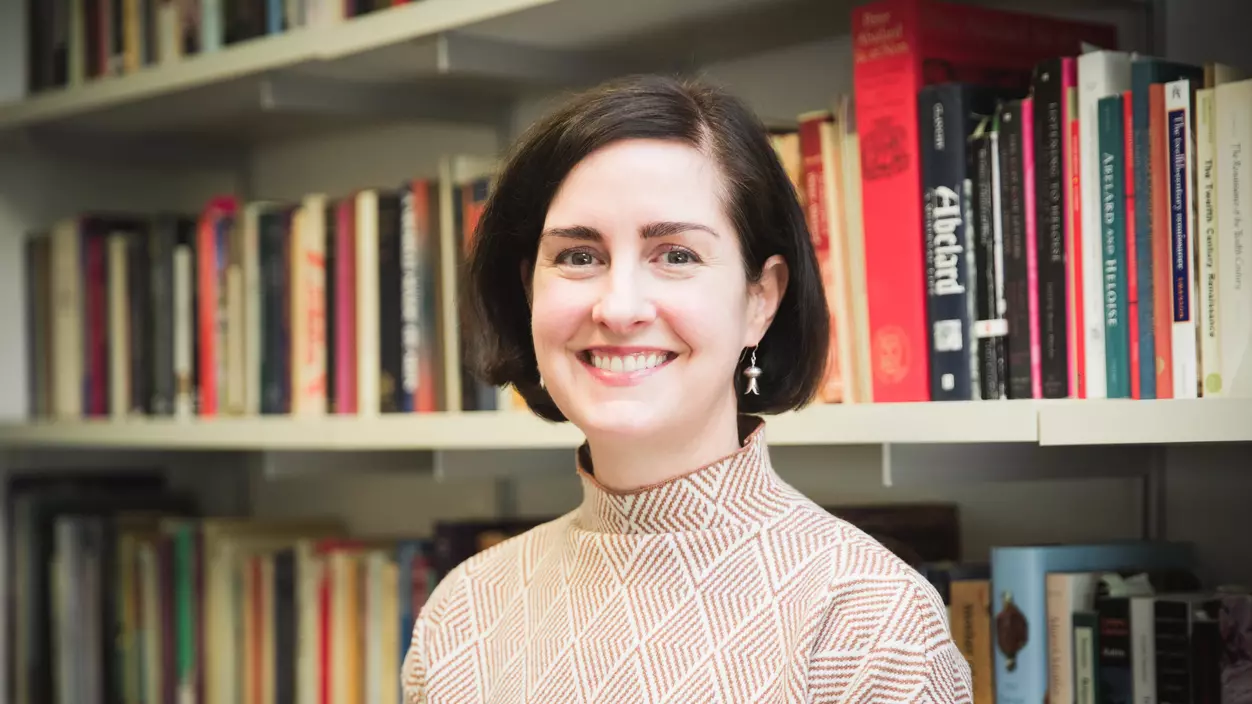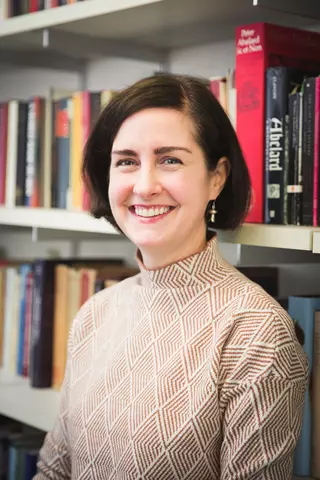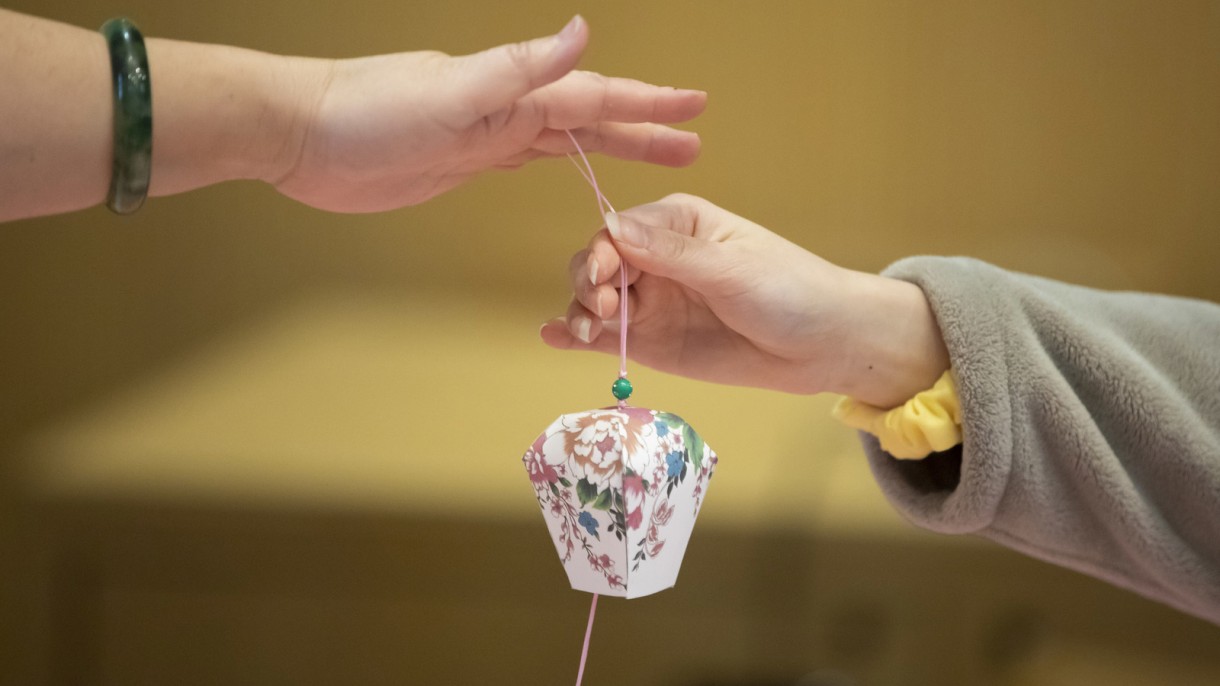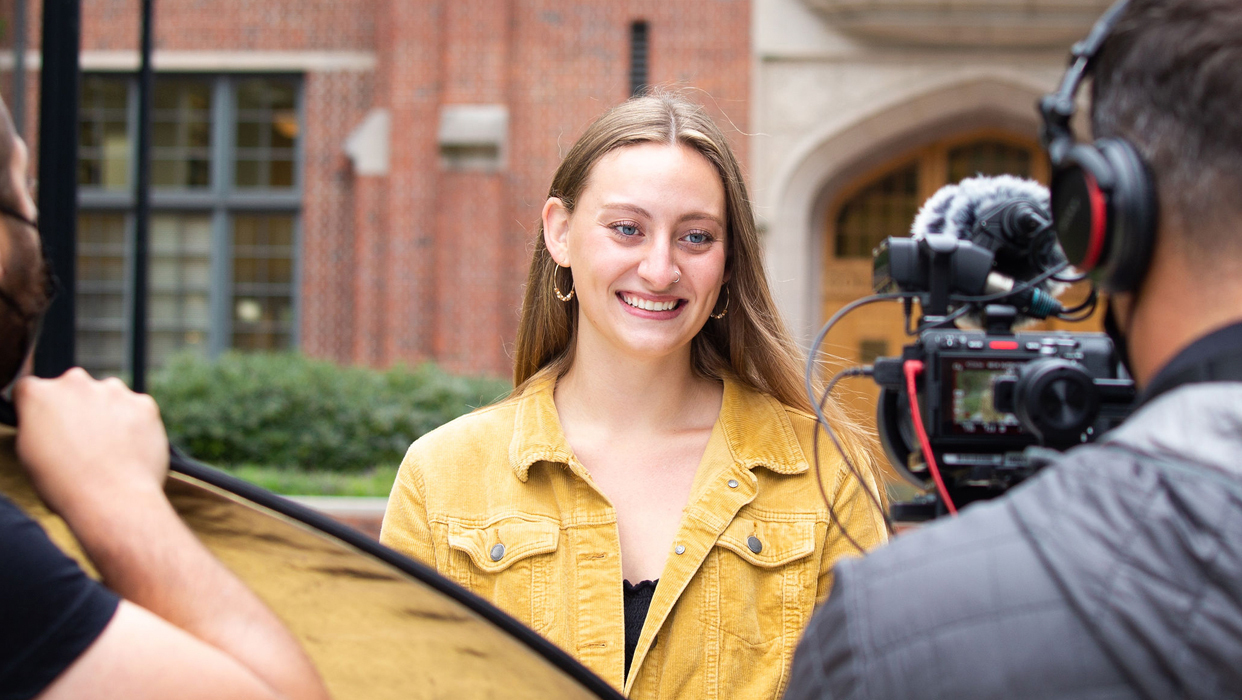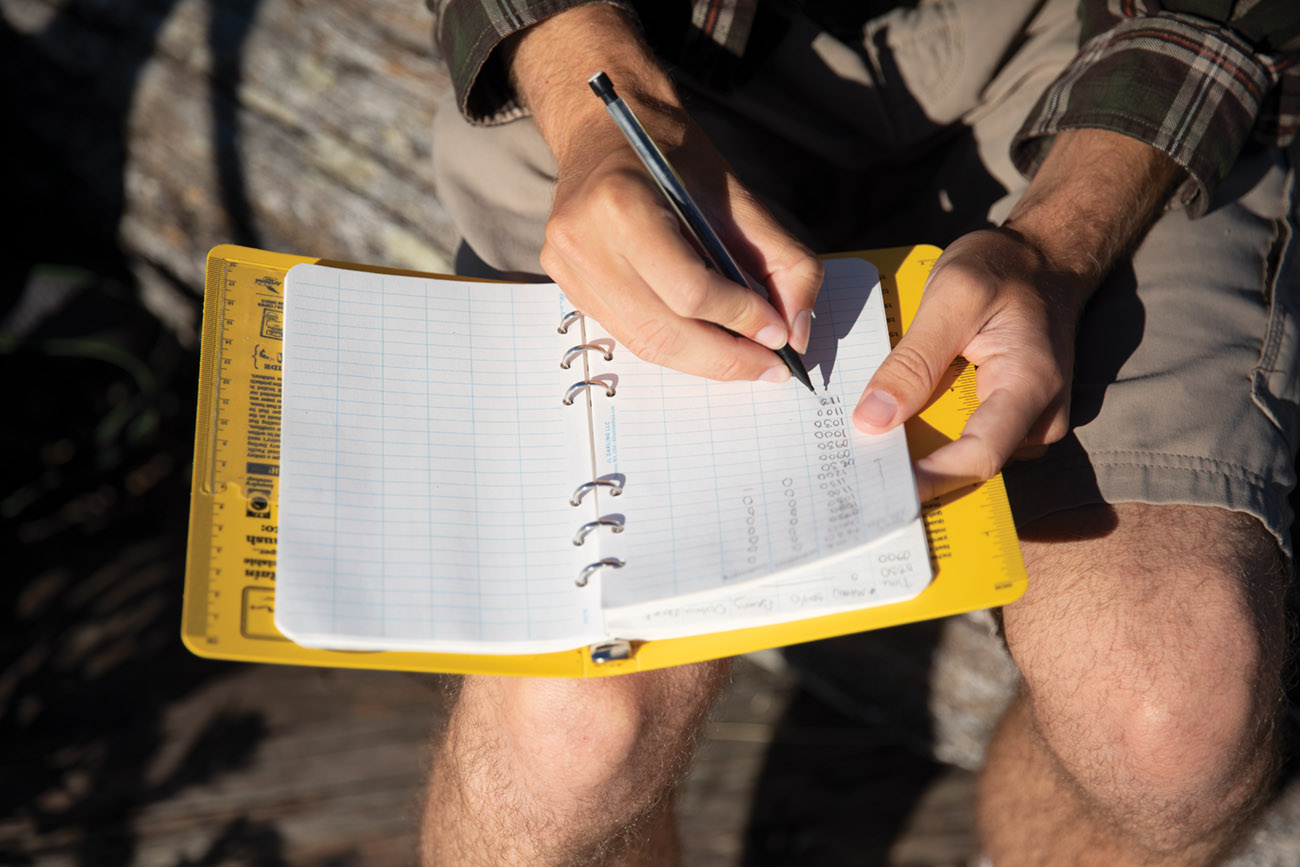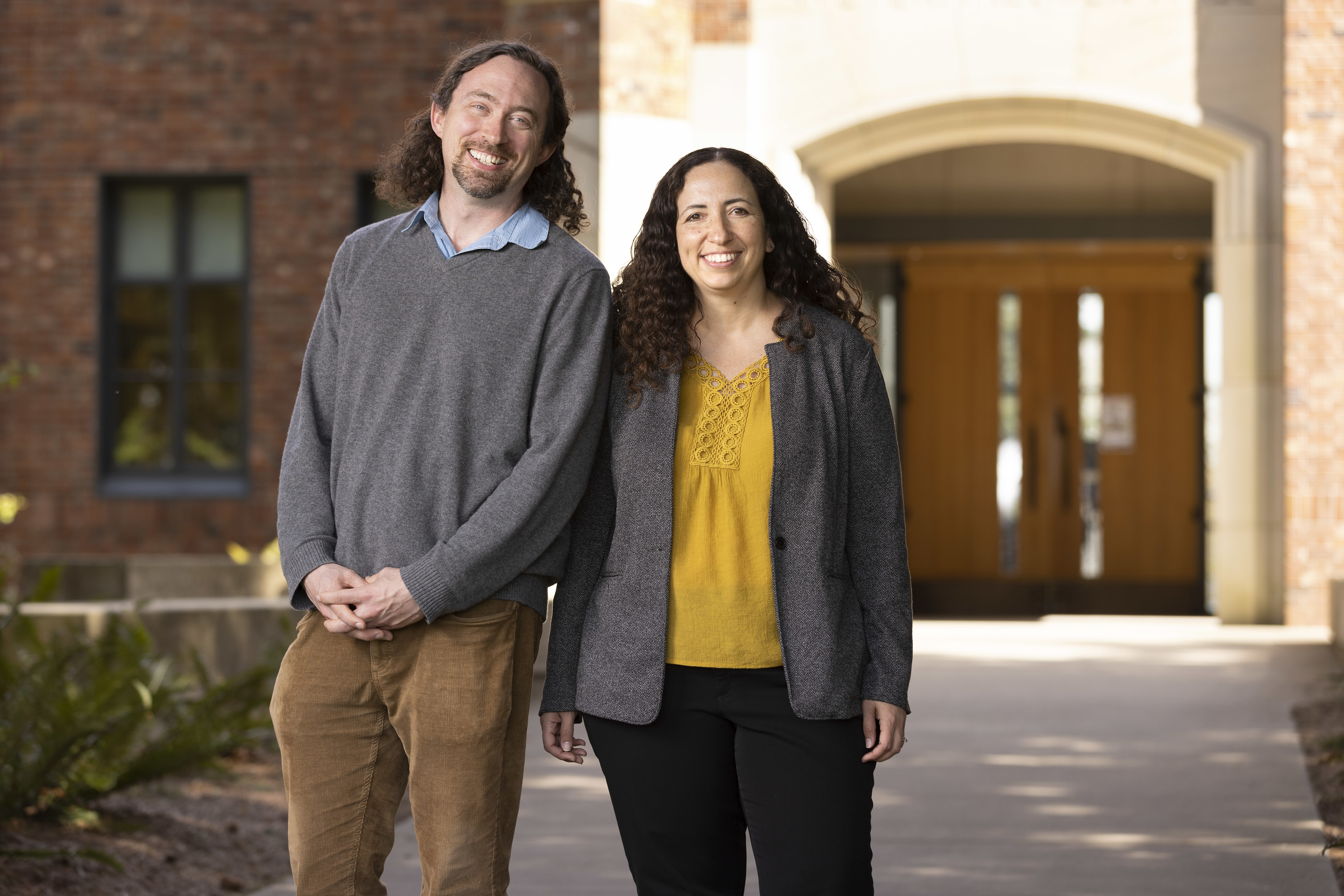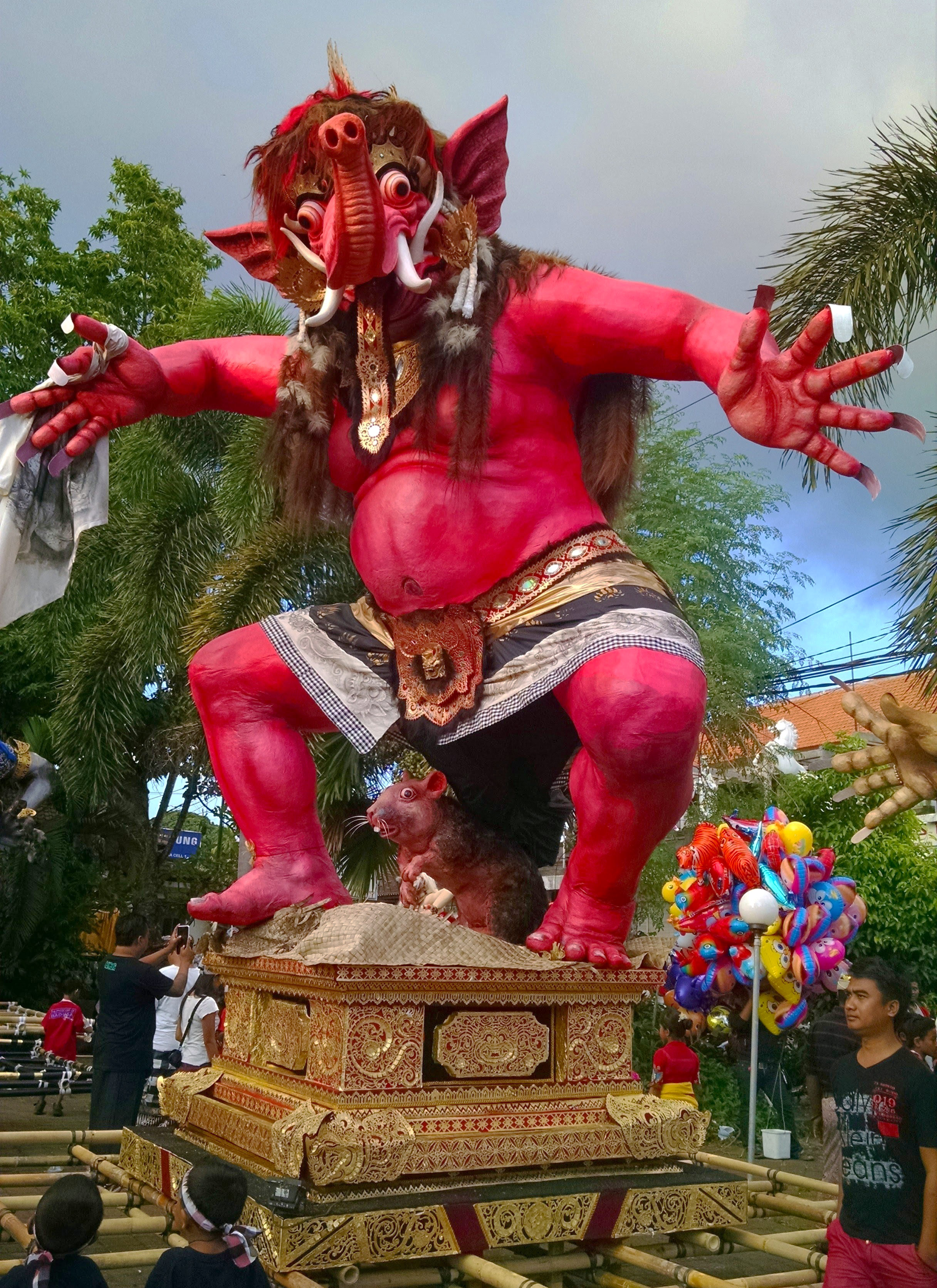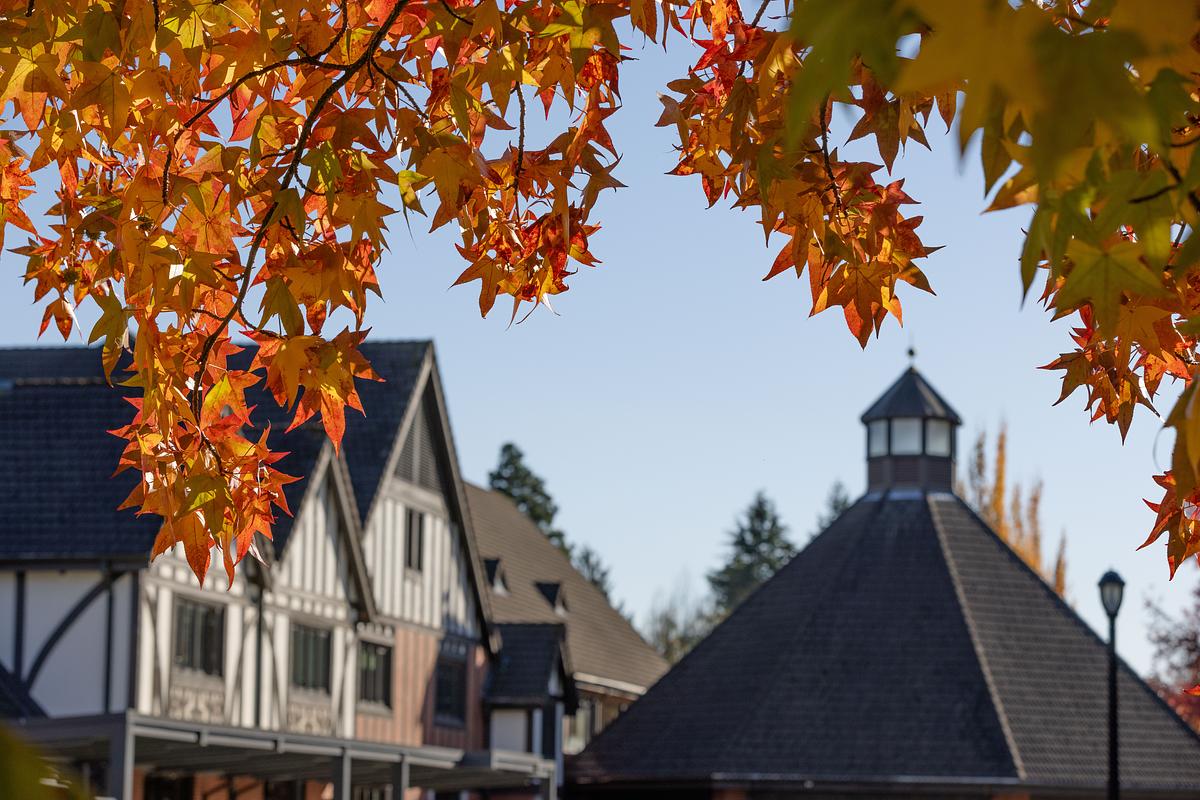Q: Let’s talk about your background. What got you interested in the study of history?
A: I always knew I wanted to study history. I grew up in New York City, and when I was in third grade, I went to The Cloisters, which is the medieval branch of the Metropolitan Museum of Art. It's located at the tip of Manhattan in a series of buildings that were partially constructed from medieval materials that were sort of half-bought, half-stolen by robber barons and brought to the U.S. in the early 20th century. And I remember being fascinated by the idea that the past was another world that you could go visit, the way you could visit another country.
Q: The focus of your research is on 12th-century Europe. What is it about that time period that interests you?
A: The more I study this period, the more I feel like it’s an inflection point where a lot of things changed. One of the things that's so interesting about studying the Middle Ages is you realize this was a world much like today where there was xenophobia and sexism, and where you see the origins of antisemitism and Islamophobia. But on the other hand, it was an age where women did have legal rights, including rights over their bodies, that are now being called into question. There was also a tremendous amount of multicultural exchange that didn’t necessarily make people anxious the way it sometimes does today. There are a lot of parallels to be drawn, but many of the ideas that we ascribe to the Middle Ages—that it was a time of darkness where people were simply killing each other all the time—none of that is true. It’s a lot more complicated.
Q: You’re also involved in helping students find postgraduate opportunities. Can you tell me about that work?
A: Right now, I serve as the chair of the graduate fellowships committee. In partnership with Kelli Delaney in the Fellowships Office, we work with students in every stage of the process from identifying a fellowship they might be interested in applying for, to pulling together their essays and materials, to doing mock interviews with them. We also recruit students who may not see themselves as fellowship material. When I was an undergraduate, I thought a fellowship was something you got if you had straight As, you were the president of every club, and you were the smartest person in your whole college, but that's not true. It's incredibly gratifying, even if they don't get the fellowship, to watch how students come to see themselves in a different light.
